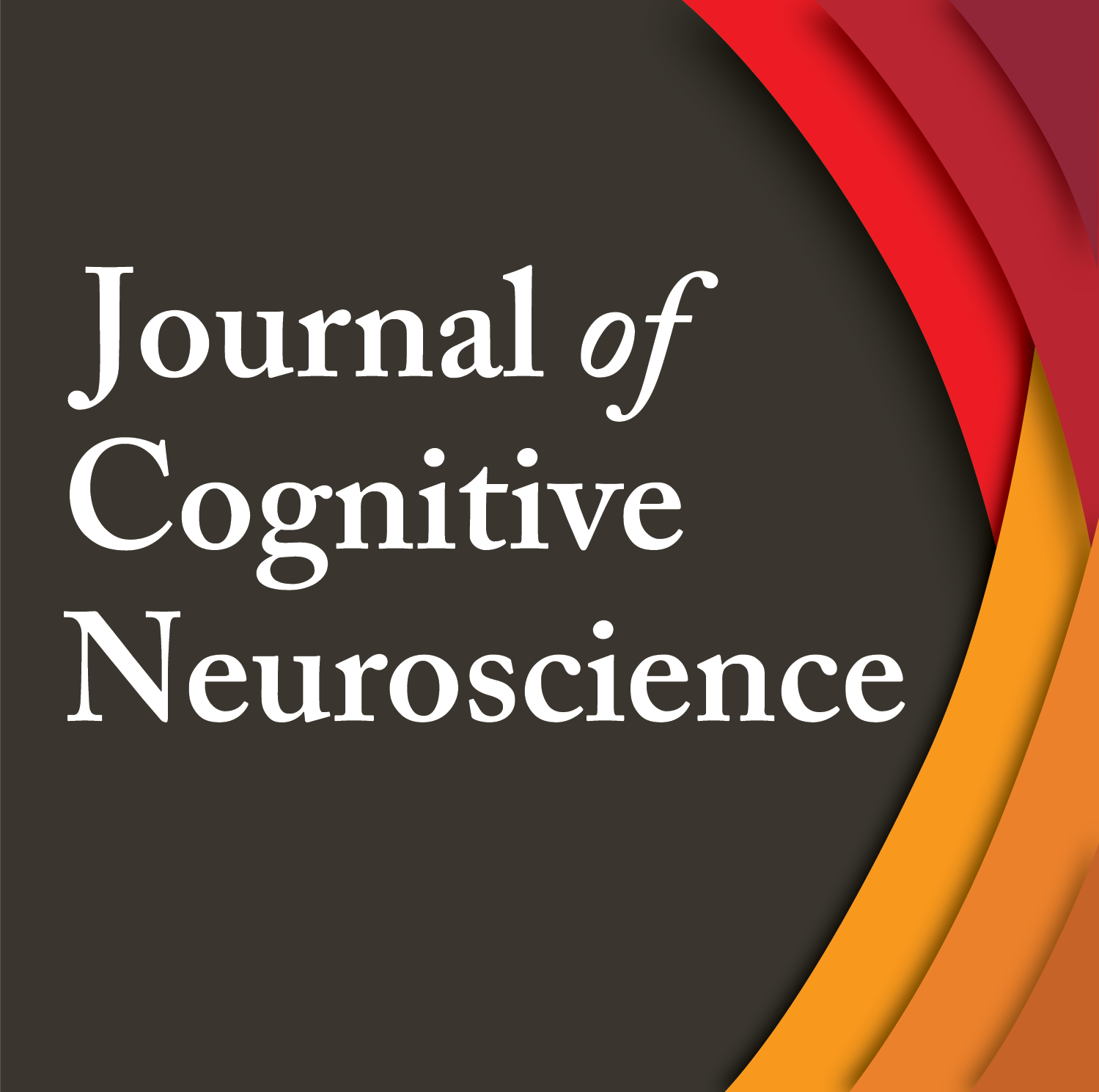Abstract
Currently, there is striking evidence showing that professional musical training can substantially alter the response properties of auditory-related cortical fields. Such plastic changes have previously been shown not only to abet the processing of musical sounds, but likewise spectral and temporal aspects of speech. Therefore, here we used the EEG technique and measured a sample of musicians and nonmusicians while the participants were passively exposed to artificial vowels in the context of an oddball paradigm. Thereby, we evaluated whether increased intracerebral functional connectivity between bilateral auditory-related brain regions may promote sensory specialization in musicians, as reflected by altered cortical N1 and P2 responses. This assumption builds on the reasoning that sensory specialization is dependent, at least in part, on the amount of synchronization between the two auditory-related cortices. Results clearly revealed that auditory-evoked N1 responses were shaped by musical expertise. In addition, in line with our reasoning musicians showed an overall increased intracerebral functional connectivity (as indexed by lagged phase synchronization) in theta, alpha, and beta bands. Finally, within-group correlative analyses indicated a relationship between intracerebral beta band connectivity and cortical N1 responses, however only within the musicians' group. Taken together, we provide first electrophysiological evidence for a relationship between musical expertise, auditory-evoked brain responses, and intracerebral functional connectivity among auditory-related brain regions.

